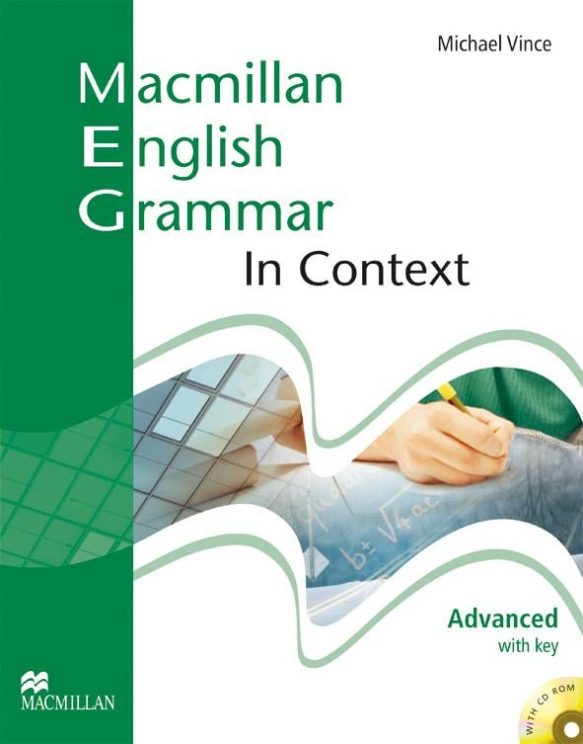One of your assignments has made me think about something I should explain to help people prevent making mistakes that relate to something more complex and natural than having a perfect morphosyntax! 😀
When we sit to tackle an assignment we need to think of why we are going to communicate, who will read or listen to our words, what tone we choose (intention and way of conveying meaning), what register we need to use (formal, informal, semiformal, slangy!; how rich our language range is expected to be), what kind of text we need to use (not only if it’s oral or written, I mean, if it’s a letter of complaint, a shopping list, a story, a minisaga, a reasoned opinion, a description, a narrative, an explanation, instructions, recipes…), the format requirements for that kind of text… And if there is any requirement in the assignment, for instance, I ask everybody to write factual info like name and date and group on the top right corner and to include a Task Description before the actual piece, which includes the word limit (but I also ask you to include the actual word count, too). (Check out Writing File here, the video, in Course Info, or the C1 Resource Pack for more info, or ask in class.)
Ordinary citizens know a lot about texts and textual structure because it’s everywhere in our everyday life, but they don’t NOTICE (observe) it. And when they sit to write something for the teacher, they may make mistakes like this:
(Writing assignment description: write a reasoned opinion in 100-200 words)
I’m going to speak about Doping in Sports.
It is wrong, and I hate it because it harms everybody. …
Well, the first thing you need to write is some brainstorming on topics, or ideas to mention. Then you need to select and order those ideas. And when you start the piece, you need to understand its format and structure.
Doping in Sports – A Personal View
Dopping ….
First an opening sentence which introduces the topic, then you can start explaining what you think. You cannot start an opening line with a pronoun, just because you used the word in the title. You can repeat the word because we need the word identifying the topic in that paragraph and in that text. It’s an opening line, not only a topic sentence!
Well, you can ask in class. What I wanted to say, thinking of an exercise I checked, relates to our ideology or feelings when we decide to write about something close to our heart, or which makes us very angry. When the person feels this way, the text is usually faulty in terms of reaching the audience because it’s not well constructed. But there is more to this — we are probably expressing ourselves from a defensive position, which means we are putting the reader in the position of having ideas the reader might not have. It’s hard to explain! I’m just starting this thread so we remember we need to talk about this, about controversial topics in assignments and about respecting the kind of text, or the assignment requirements, OK?









 Feb tasks: Reading + LW in class + Discussing + Follow-up Listening/Writing/Oral Work
Feb tasks: Reading + LW in class + Discussing + Follow-up Listening/Writing/Oral Work